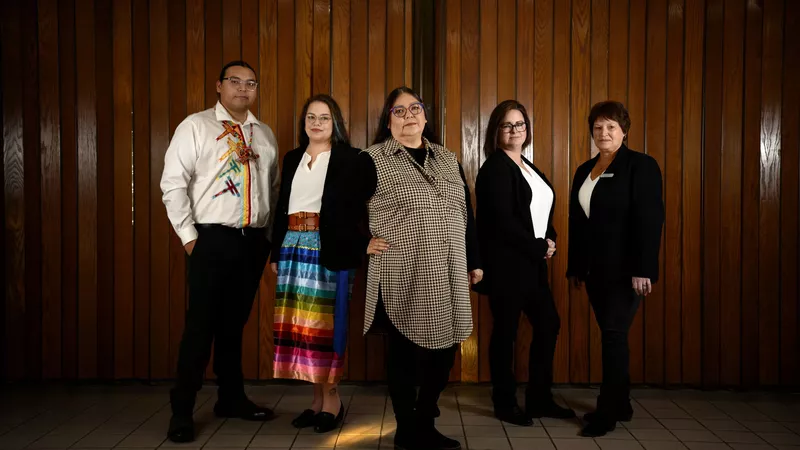
Coroner’s Inquest recommends additional supports for Pine Grove inmates
CONTENT WARNING: The following story has details regarding suicide.
The addition of at least one mental health worker or counsellor per shift, and making sure staff at Pine Grove are better informed about an inmate’s history, are among the seven recommendations coming from a coroner’s inquest that wrapped up on Wednesday at Prince Albert’s Coronet Hotel.
On the morning of April 15, 2022, 25-year-old Rayleen Angus Besic was found hanging in her cell at the Pine Grove Correctional Institution.
EMS and staff attempted life-saving efforts and she was taken to Victoria Hospital but was pronounced deceased at 10:46 a.m. The attending doctor had first informed the family there was no hope for recovery.



